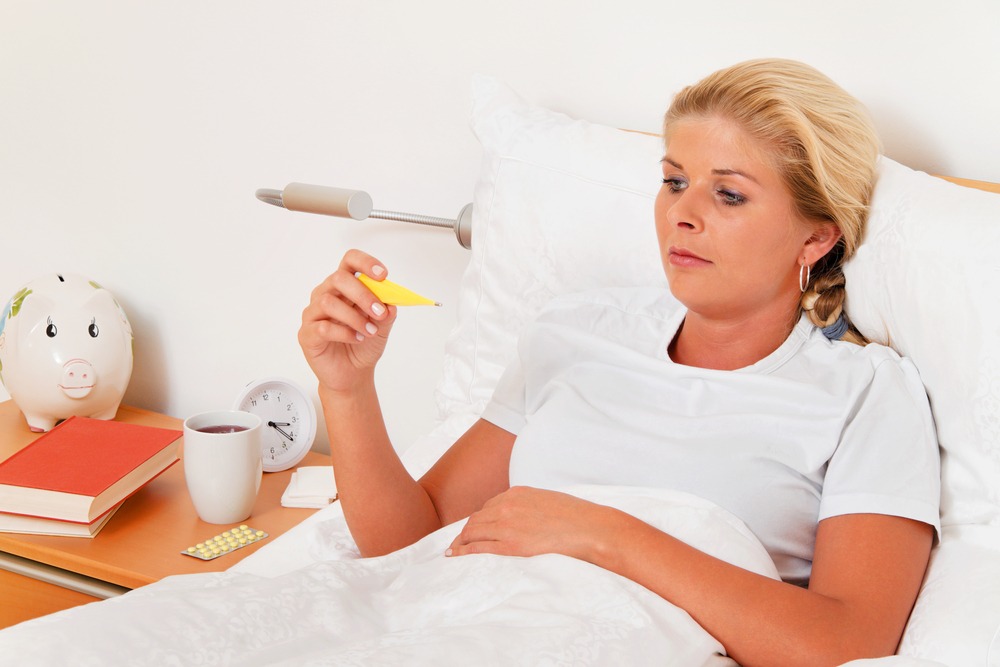Getting sick is never a pleasant experience, but falling ill during summer can be especially frustrating. Summer is often a time to enjoy warm weather, outdoor activities, and vacations. Sadly, your plans can quickly come to a halt when sickness strikes. Let’s look at strategies you can use to avoid getting sick, from hygiene to IV therapy.
Common Cold
One of the most important things you can do to stay healthy and strong is to practice good hygiene. Wash your hands frequently with soap and water. If that’s not available, use hand sanitizer.
Also, remember to stay hydrated and get your nutrients. Drinking plenty of water helps to flush out toxins and keep your body functioning properly. Eating a healthy diet of fruits and vegetables can help boost your immune system. If getting enough nutrients is challenging, you can schedule a visit to get a custom IV drip in your home.
Lack of sleep and stress is a horrible combination that can weaken your immune system, giving germs a chance to thrive. Try to get at least seven to eight hours of sleep each night and practice relaxation techniques such as yoga or meditation.
Finally, avoid close contact with people who are sick. If you become sick you should seek medical attention early to hasten your recovery and prevent the spread of the virus.
Food Poisoning
Warmer temperatures can cause food to spoil quickly and bacteria to multiply rapidly. To avoid food poisoning, follow these basic food safety guidelines.
Always wash your hands thoroughly before cooking or eating, and use separate cutting boards and tools when cooking raw meats. Cook meat, poultry, and seafood to their recommended safe internal temperatures and use a food thermometer to check. When grilling, keep raw meat separate to avoid contamination.
It is also essential to store food properly, especially when picnicking or camping. Keep perishable items such as meats, dairy products, and salads in a cooler with plenty of ice or freezer packs to maintain a temperature of 40°F or below. Keep the cooler out of the sun if possible and avoid opening it frequently.
If you’re eating out, choose restaurants with a good reputation for food safety and hygiene. Buffets and salad bars can be a breeding ground for bacteria, so order off the menu. And avoid eating raw or undercooked meats, seafood, or eggs. Cooked foods served while still hot are your safest option.
Insect Bites
Insect bites can transmit diseases and cause allergic reactions. Here are some tips to avoid them during the summer:
Wear Protective Clothing
Wear long-sleeved shirts, pants, and closed-toe shoes when you are outside. Choose light-colored clothing, as dark colors tend to attract more insects. Tuck in your shirt and pants to prevent insects from crawling inside.
Stay Indoors During Peak Insect Activity
Mosquitoes and other biting insects are most active at dawn and dusk. If you can’t avoid going outside during these times, wear protective clothing and insect repellent.
Check for Ticks
After spending time outdoors, check yourself and your pets for ticks. Use tweezers to remove any ticks you find and dispose of them properly.
Keep Your Home and Yard Clean
Remove any standing water in your yard, as it can attract mosquitoes. Keep your area clean and debris-free to eliminate hiding places for insects.
Heat-Related Illnesses
Heat exhaustion and heat stroke are no joke, but they come alongside all of our favorite summer activities. Drink plenty of water and avoid drinks that contain alcohol, caffeine, or lots of sugar, as these can dehydrate you.
Carry a water bottle when you’re out and about, and take regular sips throughout the day. If you have trouble drinking liquids, consider scheduling drip therapy to hydrate while you relax.
Stay in air-conditioned buildings or shaded areas as much as possible. Wear light-colored, loose-fitting clothing that allows your skin to breathe. Use cool showers or baths to help regulate your body temperature, and try to avoid exercising outside during the hottest times of the day (AKA 10 AM to 2 PM). If you have to go outside, take frequent breaks and rest in shaded areas. Don’t push yourself too hard; listen to your body’s signals.
Learn to recognize the warning signs of heat exhaustion and heat stroke. If you experience any symptoms, move to a cooler location and seek medical attention if necessary.
Fun in the Sun, Without the Runny Nose
Your summer plans are too important to miss for a sick day. Deliberately using strategies like maintaining good hygiene, staying hydrated, and being choosy about your activities and food choices can help ensure you feel your best.

